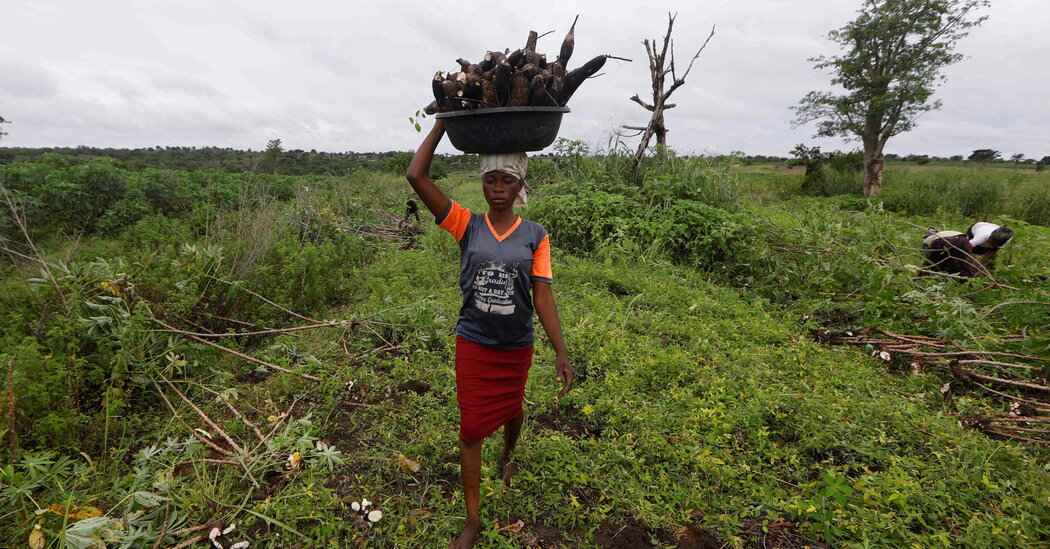“There are some interesting hints or nods in the right direction: the focus on crop diversity and nutrition, Indigenous knowledge, a focus on neglected crops,” said Bill Moseley, a professor at Macalester College in Saint Paul, Minn., who has worked on agriculture programs with the U.S. Agency for International Development and the World Bank. “What’s really important is that you think about a poor farmer and what are their constraints and how do you develop something that’s really useful for them.”
Food has long been part of the U.S. foreign policy arsenal.
In the 1960s and ’70s, the U.S.-led green revolution focused on producing more food — specifically more maize, wheat, and rice — using fertilizers, pesticides and hybrid seeds. Maize yields, for instance, soared, thanks to investments in plant breeding. In much of southern and eastern Africa, maize became the major food grain, while, in some places, cash crops for export, like cotton and tobacco, were prevalent.
A handful of countries came to dominate the production of cereals, while a handful of cereals — wheat, rice and maize — came to dominate the world’s diet. While the green revolution is credited with offering up more calories, it did little to ensure a varied, nutritious diet.
“Many countries, including many in sub-Saharan Africa, have come to rely on imports of these staple foods over the past 50 years, which has shifted people’s diets and led to less attention to traditional crops which are often more suited to local ecologies,” said Jennifer Clapp, a professor at the University of Waterloo in Ontario and a member of the International Panel of Experts on Sustainable Food Systems, a nonprofit group.
Mr. Fowler was critical of the expansion of hybrid seeds and the industrial agricultural system that came with it. Commercial hybrid seeds, he wrote in a book with the Canadian environmentalist Pat Mooney, had changed traditional farming systems, and not for the better. At global negotiations, he pushed against the U.S.-led move to patent seeds. (A company that holds a patent for a particular seed makes money by selling those seeds year after year, upending the traditional system of farmers saving seeds from each year’s harvest to sow the following year.)







